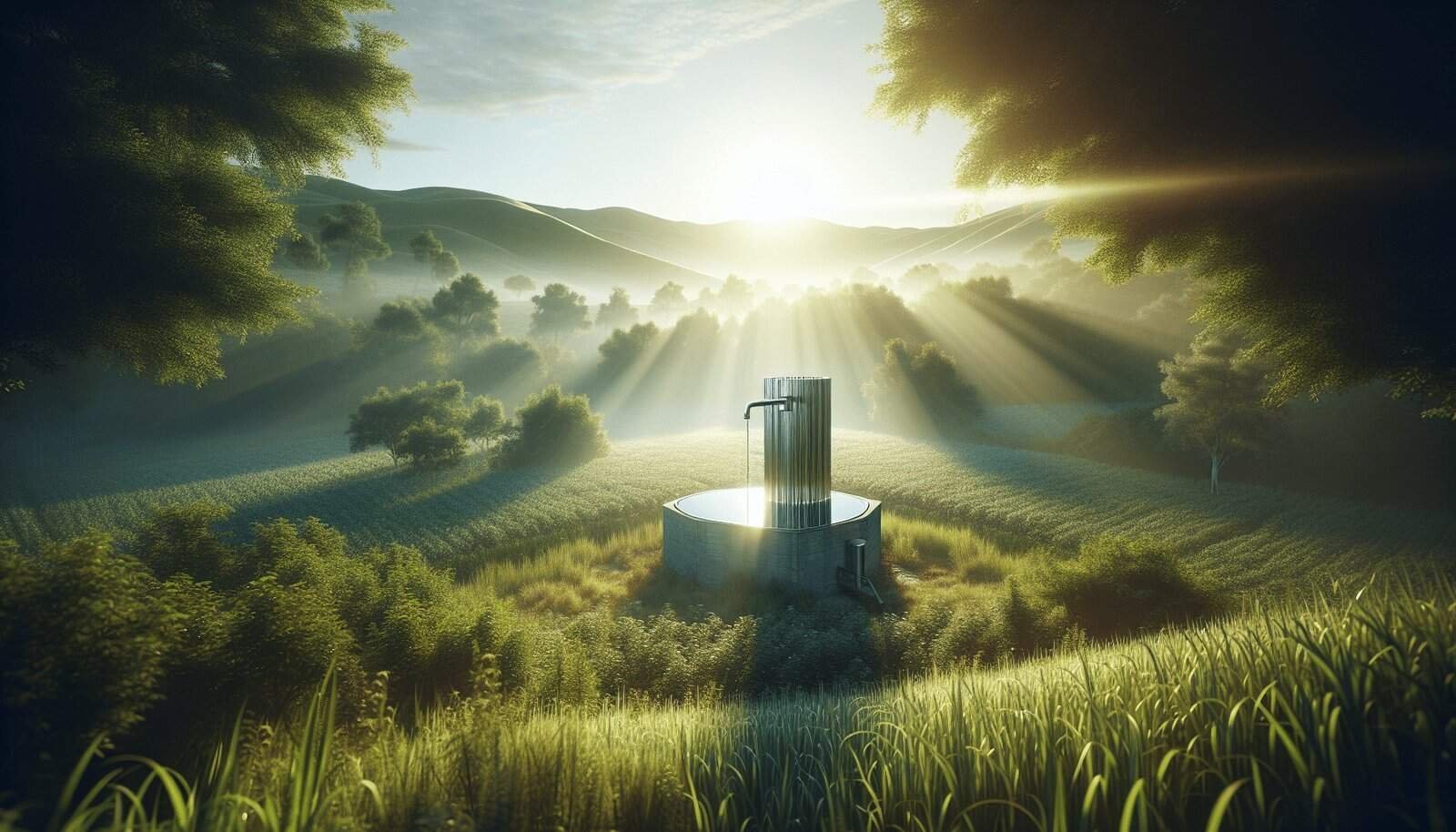Have you ever wondered if there are financial assistance options to help upgrade your private well system? Managing a private well system can often seem daunting with costs that can quickly add up. However, you might be pleasantly surprised to discover that grants and other forms of financial assistance are indeed available to help with these expenses. Let’s dive into the intricacies of grants for private well systems and explore how you can test your water quality knowledge with some engaging interactive tools.
Understanding Private Well Systems
Private wells are an important source of water for many households, particularly in rural areas. Unlike public water systems, private wells provide water to individual households, making the homeowner responsible for the quality and maintenance of their water supply. This responsibility includes regular testing, repairs, and upgrades to ensure the well functions properly and provides safe drinking water.
Components of a Private Well System
A typical private well system includes several key components that work together to deliver water to your home. Understanding these components can pay dividends when looking to upgrade or maintain your system:
- Well Cap: Protects the well from debris and contaminants.
- Well Casing: A tube that maintains the well opening and prevents ground contaminants from entering the water.
- Pump: Moves water from the well to your home’s distribution system.
- Pressure Tank: Regulates pressure and keeps water flowing consistently throughout your home.
Importance of Upgrading Well Systems
Upgrading your well system can prevent contamination, improve water quality, increase efficiency, and extend the lifespan of your system. Whether dealing with an old pump, outdated components, or a well that does not meet modern standards, upgrades ensure that your water remains safe to drink and that your system operates effectively.
Are There Grants Available?
Yes, there are grants available to help you upgrade your private well system. Several government and non-governmental programs provide financial assistance to homeowners seeking to improve their water systems. Let’s delve into some of these options to provide a clearer understanding.
Government-Backed Grants
Government grants are one of the primary funding sources for well upgrades. Here are a few programs you might consider:
USDA’s Single Family Housing Repair Loans & Grants
This program provides loans to very-low-income homeowners to repair, improve, or modernize their homes. Grants are also available to elderly very-low-income homeowners to remove health and safety hazards, including well systems. Key requirements include:
- Income eligibility based on area’s median income level.
- Applicants must own and occupy the house.
- The home must be located in an eligible rural area.
Rural Community Assistance Partnership (RCAP)
RCAP operates regional assistance programs that offer financial aid and technical support for rural water infrastructure. They may assist your community in obtaining better access to clean and safe water.
Non-Governmental Organizations and Local Programs
In addition to government grants, various non-profit organizations and local programs may offer financial assistance for well systems:
- The Water Project: Offers project funding for water infrastructure improvements.
- National Ground Water Association (NGWA): Provides information on potential funding sources for water well system improvements.
State-Specific Programs
Different states offer unique programs aimed at improving and upgrading private wells. It’s worthwhile to check with your state’s health department or environmental agency to discover available programs.
The California State Water Resources Control Board
For instance, in California, the Financial Assistance Application Submittal Tool (FAAST) provides assistance for well rehabilitation projects and encourages sustainable groundwater management.

Eligibility Criteria for Grants
Understanding the eligibility criteria will dramatically increase your chances of securing the right financial aid. Here’s a quick guide to what you might need to qualify:
| Criteria | Description |
|---|---|
| Income Level | Most programs target low-income or very-low-income households. |
| Residency | Must own and reside in the property with the well system. |
| Location | Rural areas or specified regions often receive priority. |
| Specific Needs | Some grants focus on health or safety-related improvements. |
How to Apply for Grants
Application processes vary between programs, but generally involve these steps:
- Research Available Grants: Understand what you’re eligible for and gather information on the grants available.
- Prepare Necessary Documents: Gather income statements, property ownership papers, and water quality test results.
- Submit Your Application: Follow the application guidelines and submit your proposal or application form.
- Follow Up: After submission, keep in touch with the granting agency for updates or additional requirements.

The Impact of Well System Upgrades
Investing time and effort into upgrading your private well system pays off in several ways:
- Improved Water Quality: Reduction in contaminants can lead to healthier water for consumption and daily use.
- Increased Efficiency: Modern systems utilize energy-efficient technology, reducing electricity costs.
- Enhanced Property Value: Well-maintained systems can increase your property’s overall value and appeal.
- Environmental Benefits: Sustainable water use and waste management practices benefit the local ecosystem.
Testing Water Quality: Why It Matters
Regular water testing is crucial to ensure your private well provides safe and clean water. Understanding potential contaminants and knowing how to address them is a necessary part of maintaining your well system.
Common Contaminants
Some commonly found contaminants in private well water include:
- Bacteria and Viruses: Such as E.coli and coliform bacteria.
- Nitrates and Nitrites: Often from fertilizer runoff.
- Heavy Metals: Such as lead or arsenic from natural deposits or industrial contamination.
Understanding these contaminants helps you determine the right testing and treatment methods for your well.

Interactive Tools to Test Your Water Quality Knowledge
Apart from physical testing, staying informed about water quality can be both educational and engaging. Interacting with certain tools online can enhance your understanding of water quality and well system management.
Online Tools and Resources
Several interactive tools can help you learn more about managing a private well and testing for water quality. Here are a few you might find useful:
Private Well Class from The Water Systems Council
This is an online education series for homeowners with private wells, providing free lessons on groundwater, wells, and well maintenance.
The EPA’s Drinking Water Academy
While it primarily serves government officials, this platform offers educational resources on drinking water regulations and safety, which can be beneficial for enthusiastic homeowners.
Conclusion
So, are there grants for upgrading private well systems? Absolutely! Access to financial and educational resources means that maintaining your well and ensuring your water remains safe need not be an intimidating or overly expensive task.
Grants offer practical financial assistance, while online tools and resources serve to educate and empower you in managing your well system effectively. When you combine the two, you’ll find yourself well-prepared to maintain a healthy household water system. Understanding and leveraging these resources helps secure a safe and efficient water supply for you and your family.


